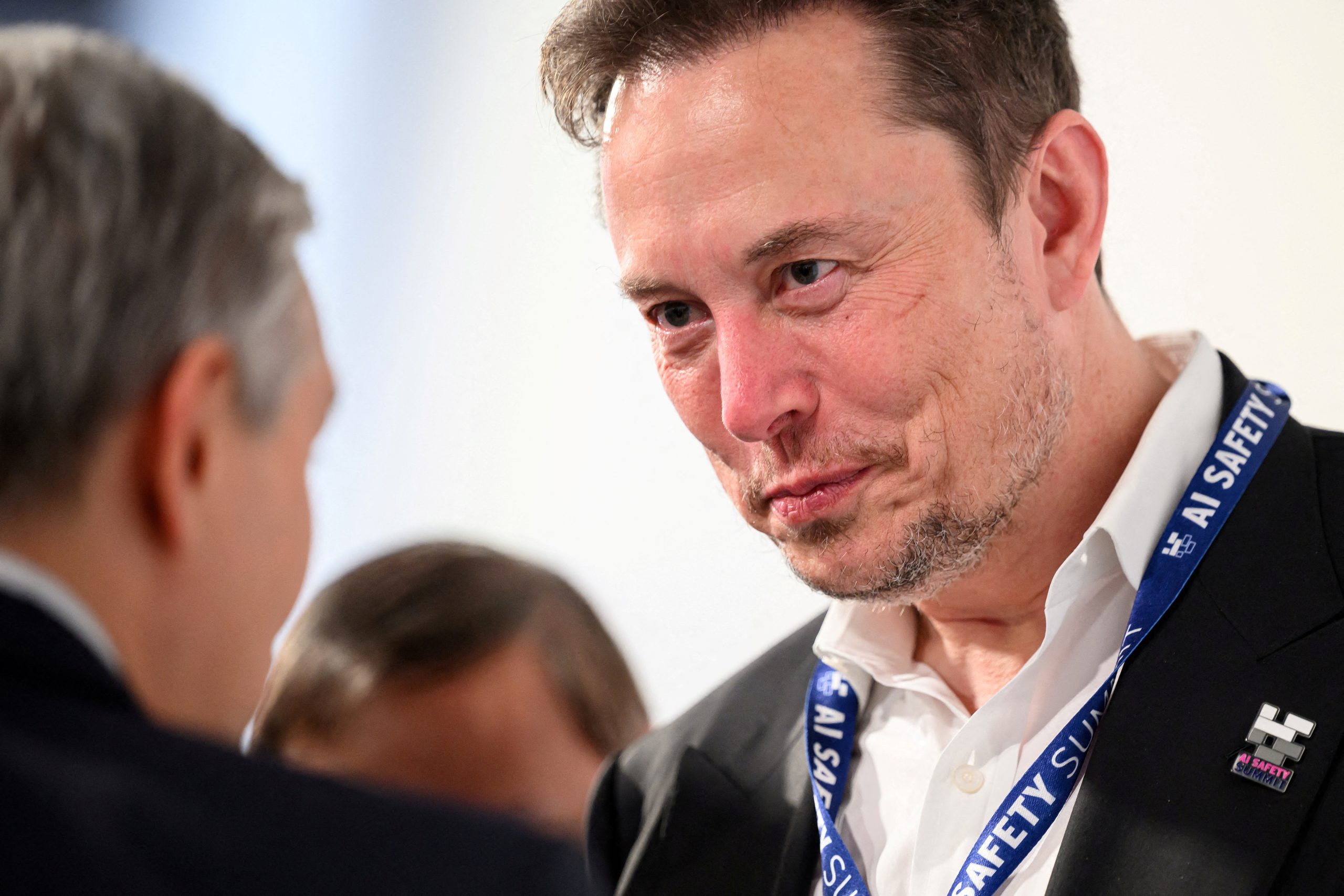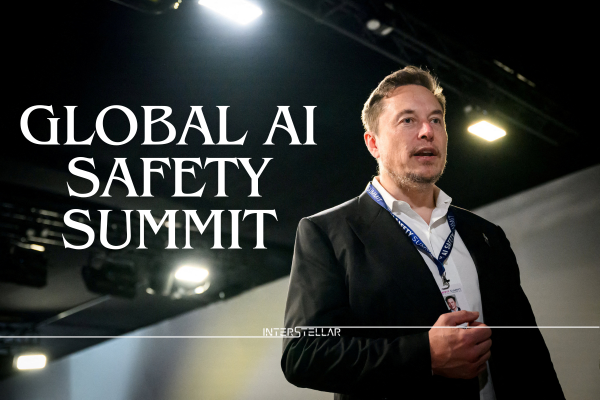Last year, a notable assembly of global leaders, business magnates, and scholars convened at Bletchley Park, UK, for the inaugural AI Safety Summit. The event aimed to harmonise regulations on AI technology, which some argue could pose significant risks to humanity.
The summit saw prominent figures such as Tesla’s Elon Musk and OpenAI’s CEO Sam Altman engage with various critics. The gathering culminated in the signing of the “Bletchley Declaration” by major nations including China and the USA, demonstrating a rare moment of collaboration amidst rising global tensions.
Six months following this event, the second AI Safety Summit is scheduled as a largely online affair, co-hosted by the UK and South Korea. The initial excitement about AI’s potential is now overshadowed by concerns about its limitations.
Martha Bennett from Forrester points out the challenges in advancing from the broad consensus reached at Bletchley Park. Moreover, complex issues like copyright, data shortages, and environmental impacts are less likely to draw a high-profile crowd this time around.

The British Prime Minister, Rishi Sunak, had announced that subsequent summits would occur biannually to monitor the rapid advancements in AI. Discussions have shifted from existential risks to practical needs like data and energy required for AI technologies.
Francine Bennett of the Ada Lovelace Institute highlighted the growing discourse on AI’s market dominance and environmental concerns. Meanwhile, Sam Altman has indicated that AI’s future hinges on significant energy innovations and has been seeking substantial investment to address the global shortage of computer chips.
However, experts caution against overly optimistic forecasts for AI. Professor Jack Stilgoe from University College London believes that while AI will find novel applications, its future might not align with the visions of figures like Musk or Altman.
Despite a dip in Meta’s shares following its AI investment announcement, other tech giants like Google and Microsoft have seen their stocks buoyed by similar ventures.
The upcoming South Korea summit, planned for May 21-22, is scaled down in anticipation of a larger in-person event in Paris. Despite the European Union’s vague confirmation of attendance, key EU tech regulators and several countries have opted out of the Seoul summit.
AI discussions are expected to continue, albeit with fewer attendees and possibly requiring multiple iterations to achieve effective international agreements.





